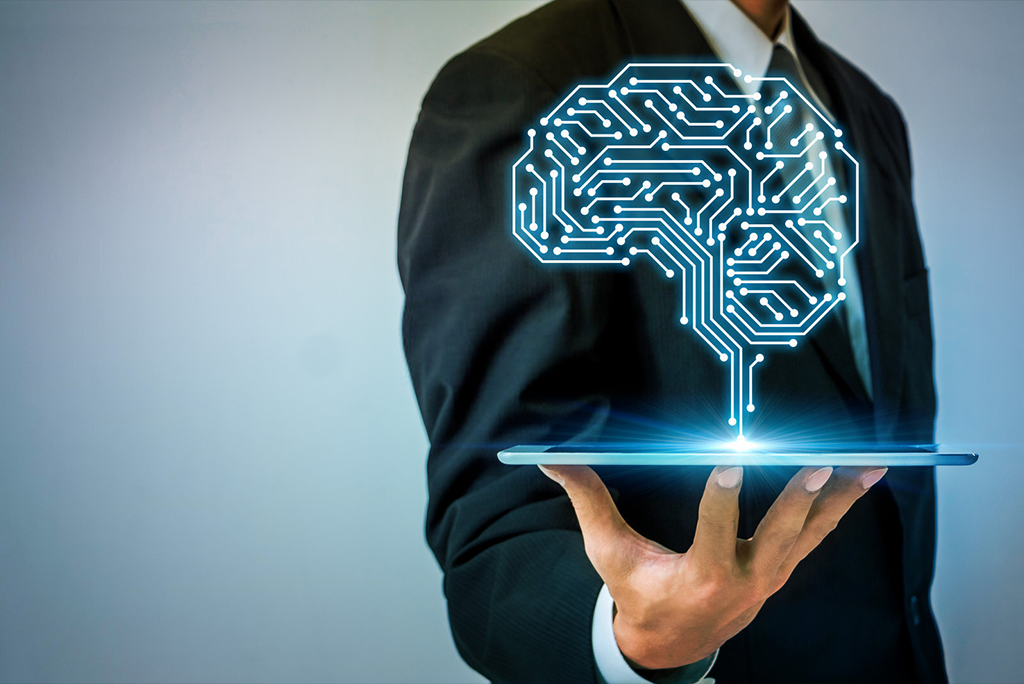
Machine learning is a branch of artificial intelligence (AI) in which algorithms are trained to get better at solving problems on their own, similar to the functionality of a human brain. While organizations are rapidly adapting machine learning to enhance their business operations, many are failing to build machine learning models that work.
Why do machine learning models fall short despite major investments in them? As we discussed in previous posts, the reasons for this run the gamut. They range from the absence of governance frameworks to data drift, a problem in which the data that machine learning models are built on become outdated.
According to experts who spoke to SD Times in August, other reasons machine learning models tend to fail include:
Businesses do not put together the right combination of talent, research processes, technology, and tooling, according to Matthew Granade, co-founder of the machine learning platform provider Domino Data Lab. “I think the mistake a lot of companies make is that they kind of look for a quick fix,” he said. “They look for a point solution, or this idea of ‘I’m going to hire three or four really smart PhD’s and that’s going to solve my problem.”
Granade believes organizations need to focus on developing holistic solutions. “We’re going to hire the right people, we’re going to put a data science process in place, and the right tooling to support that process and those people, and I think if you do that you can see great results.”
Businesses lack efficient data necessary for creating successful machine learning models, according to Vaibhav Nivargi, founder and CTO of the cloud-based AI platform Moveworks. “It requires everything from the right data to represent the real world, to the right understanding of this data for a given domain, to the right algorithm for making predictions,” he said.
Organizations don’t understand the data they are using, according to Jason Knight, co-founder and CPO at OctoML. “You can think you have the right data but because of underlying issues with how it’s collected or annotated or generated in the first place, it can kind of create problems where you can’t generate a model out of it,” he said. For this reason, it’s important not to assume the source data is reliable— you must develop a strong understanding of it.
Organizations don’t have the right talent. One way they can solve this is by upskilling their current employees. Katia Walsh, Senior Vice President & Chief Strategy and Artificial Intelligence Officer at Levi Strauss & Co., recently launched a machine learning bootcamp at the company. Forty-three employees with no prior experience in fourteen different global locations, 63% of whom were women, received training. According to Walsh, putting together a diverse team is just as important as technical talent.
“At the end of the day—at this point, at least—AI is the product of human beings, with all of human beings’ mindsets, capabilities, and limitations,” she told VentureBeat. “And so, it’s also imperative to ensure that when we create algorithms, use data, and deliver digital products, we do our very best to really reflect the world we live in.”
There are no shortcuts or easy solutions to developing effective machine learning models. However, organizations that take steps to avoid common pitfalls will find their investments well worth the effort.
Understand Machine Learning
By providing AI with the ability to learn from its experiences without needing explicit programming, machine learning plays a critical role in developing the technology. Covering machine learning models, algorithms, and platforms, Machine Learning: Predictive Analysis for Business Decisions, is a five-course program from IEEE.
Connect with an IEEE Content Specialist today to learn more about this program and how to get access to it for your organization.
Interested in the program for yourself? Visit the IEEE Learning Network.
Resources
Lazzaro, Sage. (27 August 2021). How to upskill your team to tackle AI and machine learning. Venture Beat.
Dee, Katie. (12 August 2021). Why machine learning models fail. SD Times.


No comments yet.